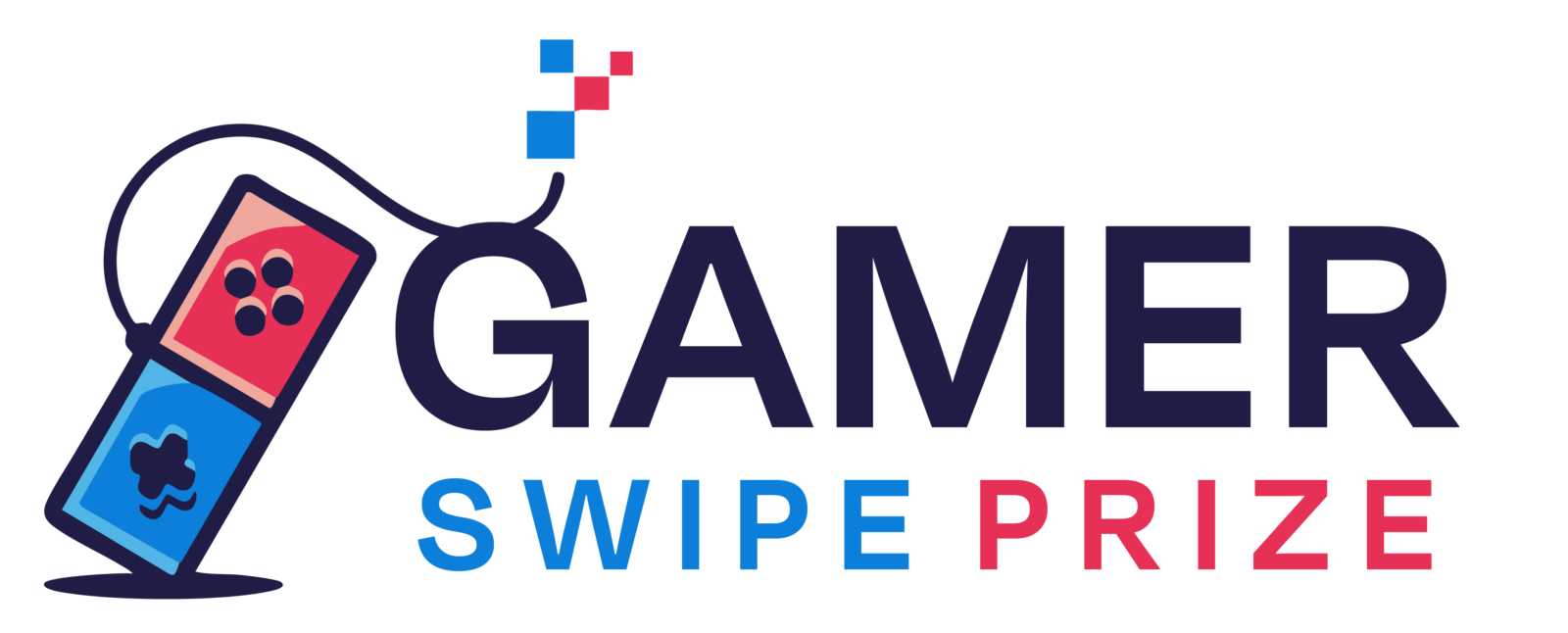What’s the Deal with 8447182061?
Right off the bat, we know 844 is a tollfree area code. That means callers won’t be charged for reaching out. Tollfree numbers are common with businesses, customer support centers, and automated systems. But—and this is important—scammers have caught on. They use tollfree prefixes to seem credible and trick you into picking up.
The number 8447182061 has been showing up on more people’s phones lately. What’s raising flags? It usually calls during business hours, rarely leaves a voicemail, and when it does, it’s often a vague, robotic message urging you to “call back immediately regarding account activity.” That’s a classic phishing tactic.
Possible Sources of the Call
Here are a few common possibilities when you see a number like 8447182061:
Debt Collection: Some people report the number is linked to debt recovery agencies. These calls aren’t illegal by default, but the tone and method can cross the line. Financial Institutions: Banks and credit card companies use tollfree calls. If you’ve genuinely missed a payment or had suspicious activity, you might be getting a real alert. Scam or Phishing Attempt: If you never opened an account with the institution the caller claims to represent, it’s likely a bad actor fishing for personal info.
A rule of thumb—if you didn’t expect the call, don’t trust it off the bat.
Don’t Panic—Verify Instead
Don’t answer just because the prefix is tollfree. If it’s important, they’ll leave a message. If you did answer 8447182061, don’t give out personal info. No social security number. No credit card details. No banking passwords.
Here’s what you should do:
- Hang Up and Research: Look up the number online. Check scam call reports or user forums. Real users leave feedback. It won’t take long to find patterns or red flags.
- Use an App: Call filter apps like Hiya, Truecaller or your carrier’s scam protection feature can help identify risky numbers.
- Call the Institution Directly: If the voicemail references your bank or a service provider, don’t call the number back. Use the official number from your card or company website.
Patterns Around Robocalls
There’s no sign of the robocall trend slowing down. The FCC is tightening rules, but scammers adapt faster than enforcement. That’s where vigilance comes in. Numbers like 8447182061 often follow certain behaviors:
Calls are short and impersonal—or automated. Calls repeat every few days, often from slightly changed numbers. Pressure tactics like “final notice” or “urgent action” are common.
Sound familiar? That’s because these techniques are spread across many scam campaigns. Recognizing the template helps you deal with future calls smarter and faster.
Guidelines If You Did Answer
Let’s say curiosity won, and you answered that call. If the interaction felt off or you shared info before realizing what was happening, don’t wait around.
- Monitor Your Accounts: Keep an eye on your credit cards and bank balances. Watch for any suspicious activity.
- Change Login Info: If you shared passwords or answers to security questions, update all related accounts immediately.
- Report It: Use the FTC website to log the incident. You’re not just helping yourself—you’re feeding data into a broader scam map.
How to Cut Down These Distractions
Fighting robocalls may feel like a losing battle, but you can regain some control. Here’s how to cut down calls like the ones from 8447182061:
Enable Call Blocking: Your mobile carrier probably offers free options. Explore AT&T Call Protect, Verizon’s Call Filter, or TMobile’s Scam Shield. Report to Authorities: The FCC and FTC both offer simple online forms. While reporting won’t stop a single call, it helps flag trends. Do Not Call Registry: Add your number. True, some scams ignore it, but it still reduces cold calls from legit businesses.
8447182061: Bottom Line
The number 8447182061 may look clean thanks to its tollfree status, but don’t trust appearances. Whether it’s a shady call center, robocall, or scam artist, the burden falls on you to pause, check, and choose how to handle it.
Don’t call back blindly. Don’t give out information just because the voice on the other side sounds official. It’s easy to get tricked in quick moments—and easy to stay safe if you pause and verify.
When in doubt, block. When suspicious, dig. We can’t stop spam calls completely, but we can outsmart them by staying alert and sharing what we know.




